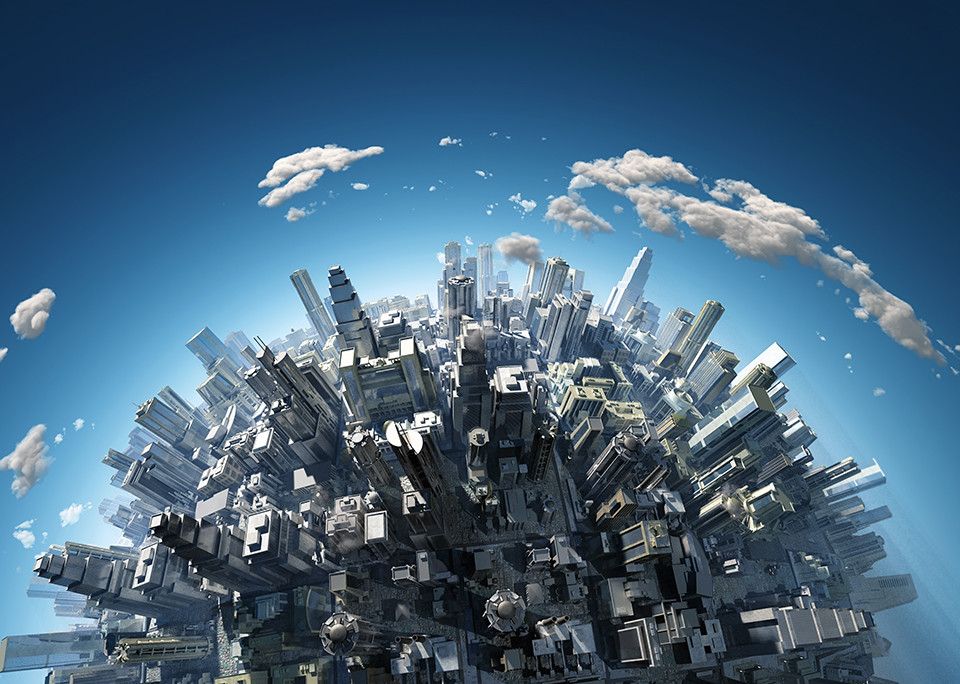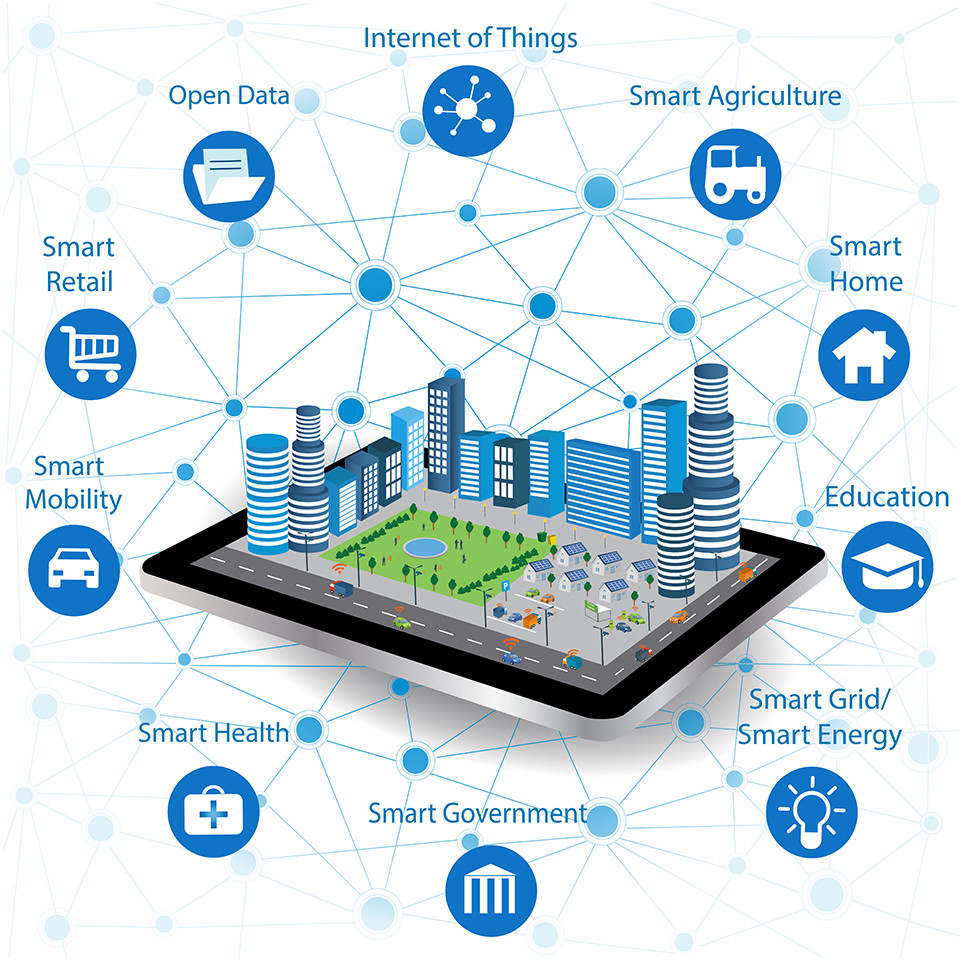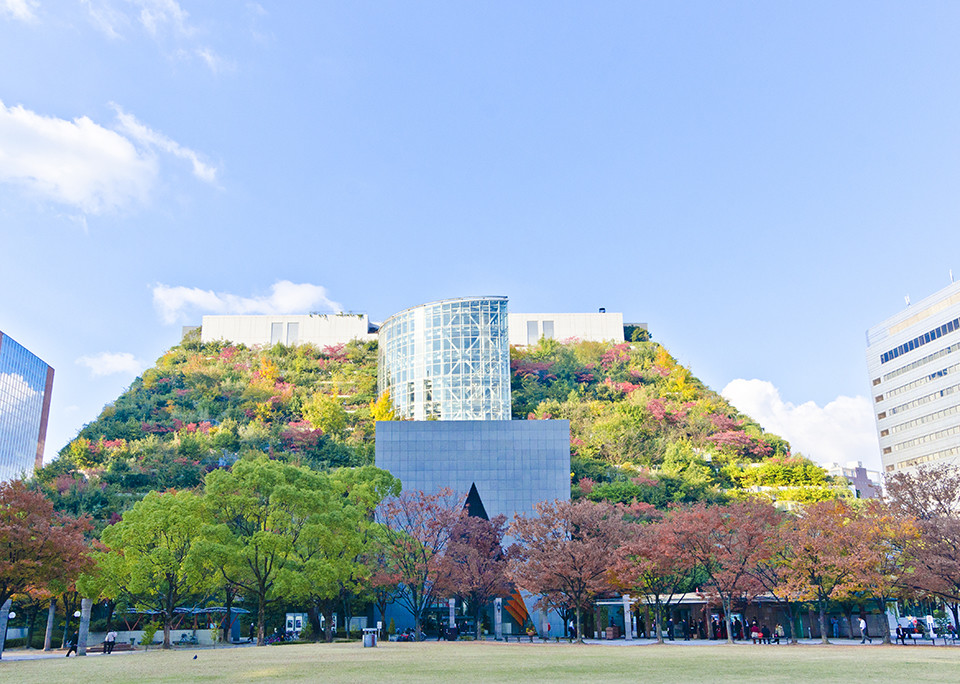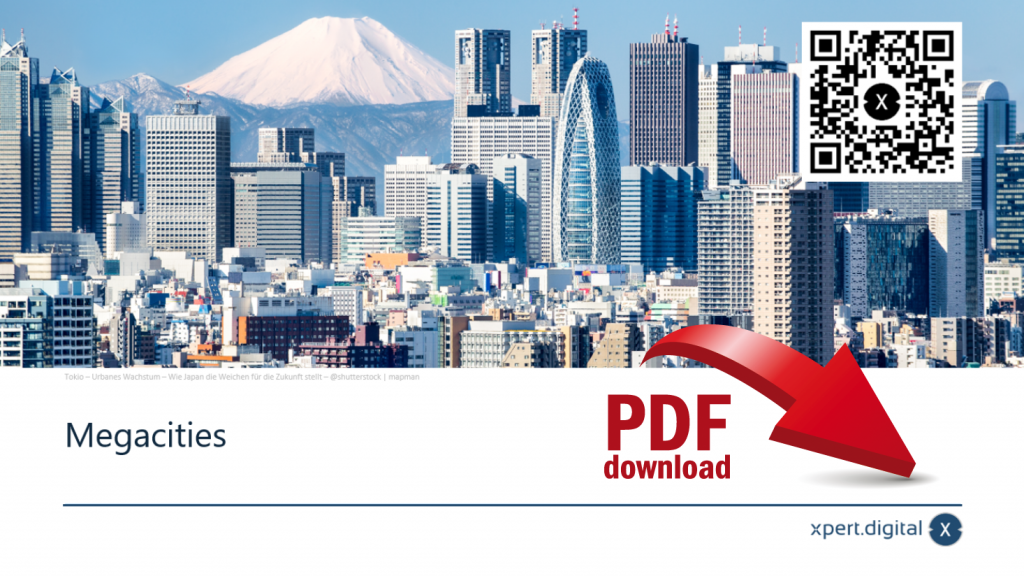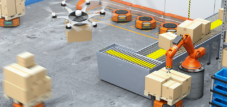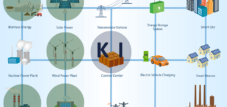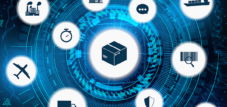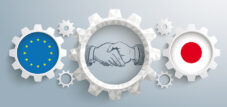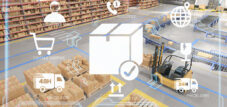Smart Cities – The solution for mega-urbanization?
Language selection 📢
Published on: September 1, 2020 / update from: March 6, 2024 - Author: Konrad Wolfenstein
The size of cities around the world is constantly increasing, fueled by the many millions of people who flow from the countryside into urban centers every year. But increasing urbanization is leading to growing demands on governments, companies and city administrations to manage the growing demand for goods and infrastructure in the centers. One solution is smart cities, which are paved by increasing global digitalization, automation and networking. But what are the trends and drivers of intelligent cities? Asia and especially Japan show where the future could lead in Europe.
The global population has been growing rapidly for years. With the world population now numbering more than 7.6 billion people, the influx into urban centers in particular is increasing unabated. It is estimated that around three million rural residents around the world migrate to urban centers every week in search of jobs and better living conditions. This development poses completely new challenges for the care and administration of the people living there.
Japan is taking a pioneering role
How those responsible deal with this in order to present and implement adequate solutions becomes clear using the example of Japanese cities. Urbanization has been an ongoing process in the country for decades, which has led, among other things, to the formation of the megacity Tokyo. Over 38 million people live in the metropolitan area and yet the government, urban planners and companies have managed to lay the foundation for creating good living conditions.
Suitable for:
- Japan is already working on the future of tomorrow
- Urban growth – How Japan is setting the course for the future
However, this would not have been possible if Japan had not been a global pioneer in terms of mechanization and automation for many years. Large industrial and technology groups such as Panasonic, Mitsubishi and Toyota are global leaders in these areas. In addition, similar to here, there is a wide range of innovative companies that are among the global market leaders in their highly technical sectors. The know-how accumulated in this way means that the Land of the Rising Sun also has an important, if not decisive, say in the design of smart cities.
Smart cities stand for the implementation of digital technologies in urban areas. The focus is on the comprehensive networking of administration, suppliers, households, companies and municipal institutions. At the same time, the system must ensure that living space, workplaces and transport routes are able to efficiently design the living conditions of the residents. A prerequisite for implementation is the optimization of a technical infrastructure so that it has the capacity to handle the data flows associated with the control of smart cities. This is done through automated processes controlled with the help of artificial intelligence (AI), which ensure smooth, lean and ultra-fast implementation mechanisms in the realization of smart life and business in the city.
The digital advance that first affected Japan's economy has long since found its way into the everyday lives of the population.
The multitude of service robots and digital tools that make life easier for the Japanese paint a clear picture of this. This means that the acceptance of the use of IT to make cities smarter is extremely high, which further promotes its spread. In addition, digital technologies in smart cities make a crucial contribution to supporting citizens in completing their tasks. This includes both virtual visits to authorities and contactless shopping options, which are particularly popular in times of Corona.
Smart energy
The interaction of networked economic units and individuals is supported by the use of intelligent power grids.
With these, the energy supply is controlled so that it meets the desired requirements at all times. Here too, digitalization forms the backbone, because electricity suppliers and network operators can use past consumption data to determine future needs and act accordingly. In this area, Japan also offers a wide range of opportunities to integrate the energy sector with the needs of smart cities through the use of innovative methods of electricity storage and a special focus on fuel cell technology. Because the consumption of these cities should not be underestimated. The reason for this is that due to the large number of IT and digital tools used, they have a high additional energy requirement beyond the needs of conventional cities. But in addition to fuel cells, there are also sufficient opportunities in Japan to implement sustainable energy production thanks to alternative methods such as the use of wind and solar power.
Smart self-sufficiency through vertical gardening
The idea of sustainability is also supported by vertical gardening techniques. With this modern agricultural method, fruits and vegetables are no longer grown in the field, but rather on artificially lit floors placed one above the other. Instead of soil, this method uses the most modern substrates, which allow automatic fertilization and irrigation, which, compared to conventional agriculture, uses natural resources much more economically and reduces the use of chemical agents to a minimum. The extremely space-saving method is well suited for densely built-up areas and therefore for use in urban areas. Positive side aspect: With this type of supply, there are no transport routes due to on-site cultivation, which further supports the sustainability aspect of vertical gardening in smart cities.
Projects that have already been implemented or are about to be implemented show that the topic of smart cities in Japan is not just about visions. It turns out that in Japan, large corporations such as Panasonic and Toyota usually lead the way. In 2014, Panasonic began building the Fujisawa Sustainable Smart Town, which is designed for 3,000 residents and focuses entirely on networking and sustainability. Toyota is currently planning the same thing with the intelligent Woven City, which already has networking in its name. The foundation stone for the ambitious 2,000-resident project is to be laid next year.
The supply question: automated logistics as a suitable answer
Regardless of whether it is about supplying the population or companies in smart cities; The success of the model depends on the extent to which the supply chain with essential goods can be secured. This poses unexpected challenges for city logistics, as it has to cater for many people in a relatively small space and, if possible, protect the increasingly strained transport infrastructure.
The solution could be decentralized distribution centers, which in turn provide supplies directly on site. On the one hand, by consumers stocking up on goods there, and on the other hand, by temporarily storing items that are transported from there to their final destination. In order for this model to work, logisticians must ensure that the sales hubs distributed across a smart city are securely supplied with goods and that these can be accessed quickly and efficiently from there.
Suitable for:
This is where the specialists from DAIFUKU come in. As the global market leader in multi-material handling, they have decades of experience in the management of modern, software-controlled and semi- or fully-automated distribution centers. Because “smart” also means that logistics companies rely on digitalization and comprehensive networking in order to make their processes and the exchange between suppliers and buyers of goods more efficient. In this way, modern logistics is already implementing the principles of the Smart City and is therefore taking a leading role in the successful realization of the urbanized world of tomorrow.
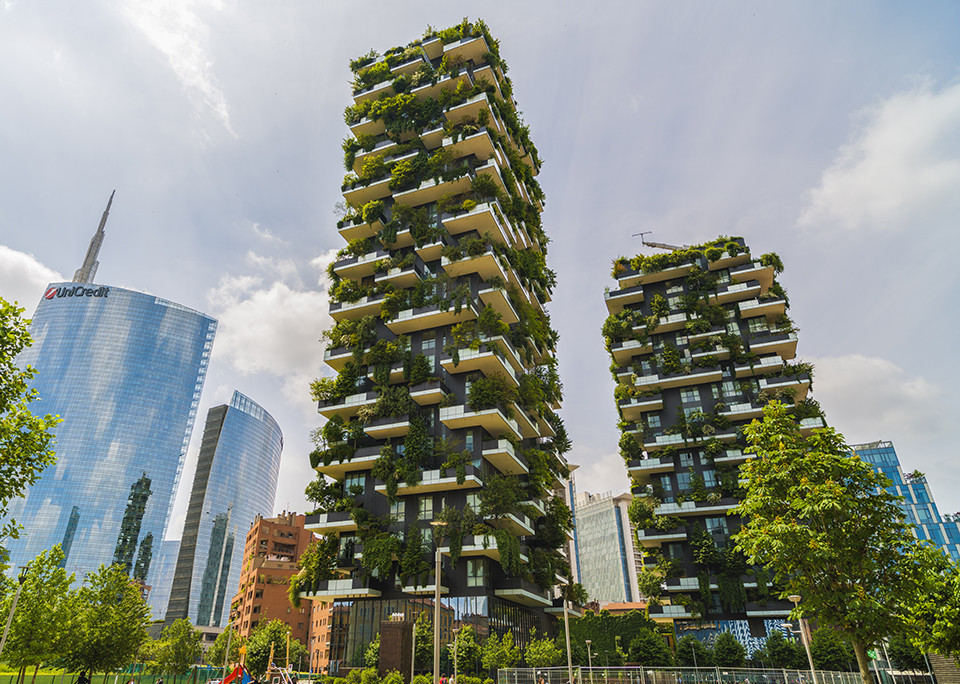
Bosco Verticale, Vertical Forest Apartment Buildings in Milan, Italy – @shutterstock | Cristian Zamfir
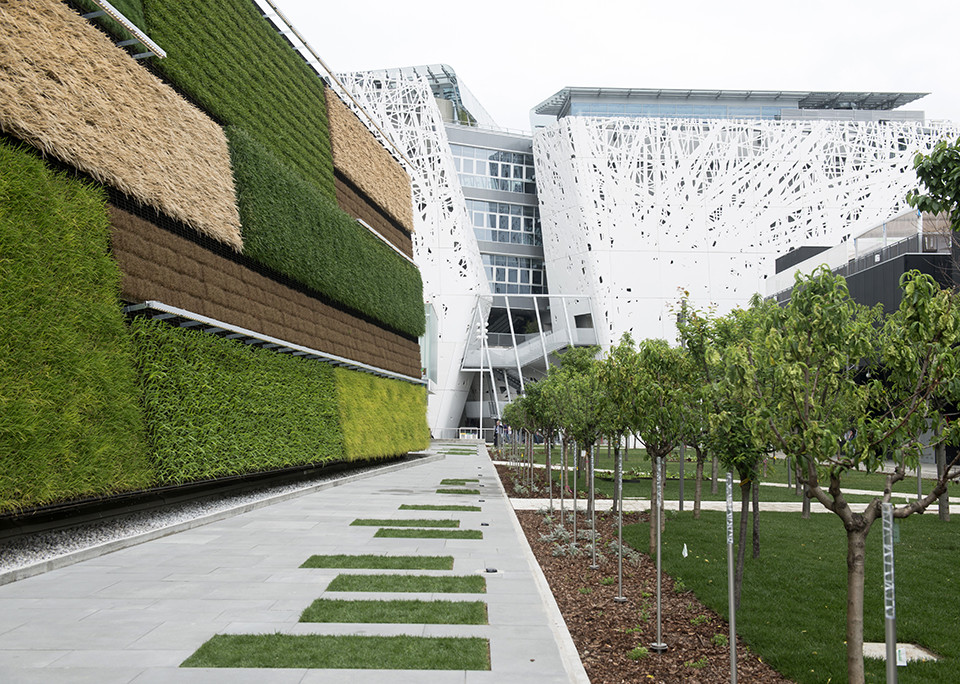
Vertical green plantations on the Israel pavillion at EXPO 2015, food is the main topic of this Italian edition, in Milan, Italy – @shutterstock | Paolo Bona
Megacities – urbanization – numbers, data and facts
German version – To see the PDF, please click on the image below.
German Version – To view the PDF, please click on the image below.
► Contact me or discuss with me on LinkedIn
What will be crucial for the future will be how we secure the infrastructure of our key industries!
Three areas are of particular importance here:
- Digital Intelligence (Digital Transformation, Internet Access, Industry 4.0 and Internet of Things)
- Autonomous power supply (CO2 neutrality, planning security, safety for the environment)
- Intralogistics/logistics (full automation, mobility of goods and people)
Xpert.Digital delivers you here from the Smart AUDA series
- Autonomization of energy supply
- urbanization
- Digital transformation
- Automation of processes
always new information that is updated regularly.



